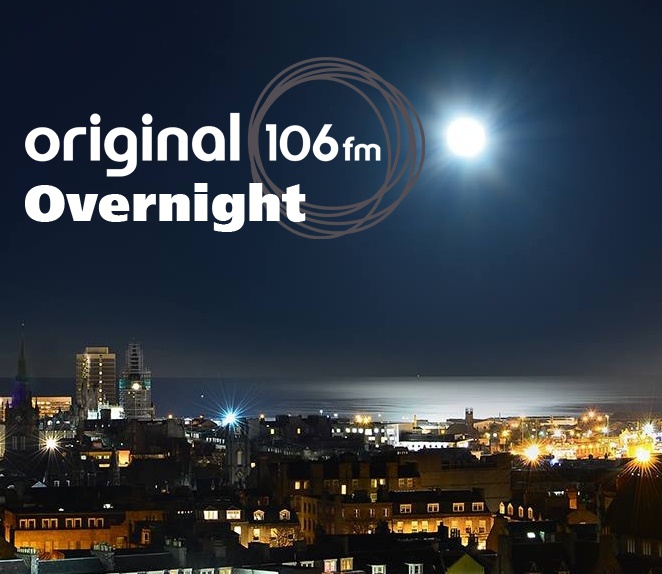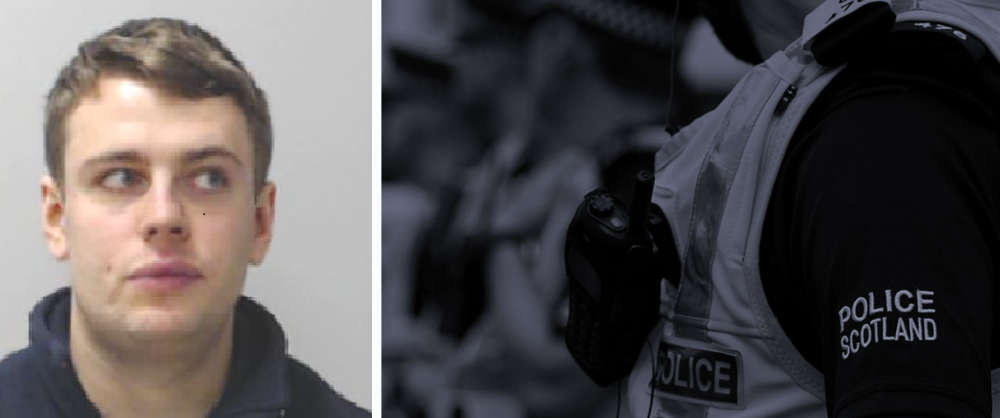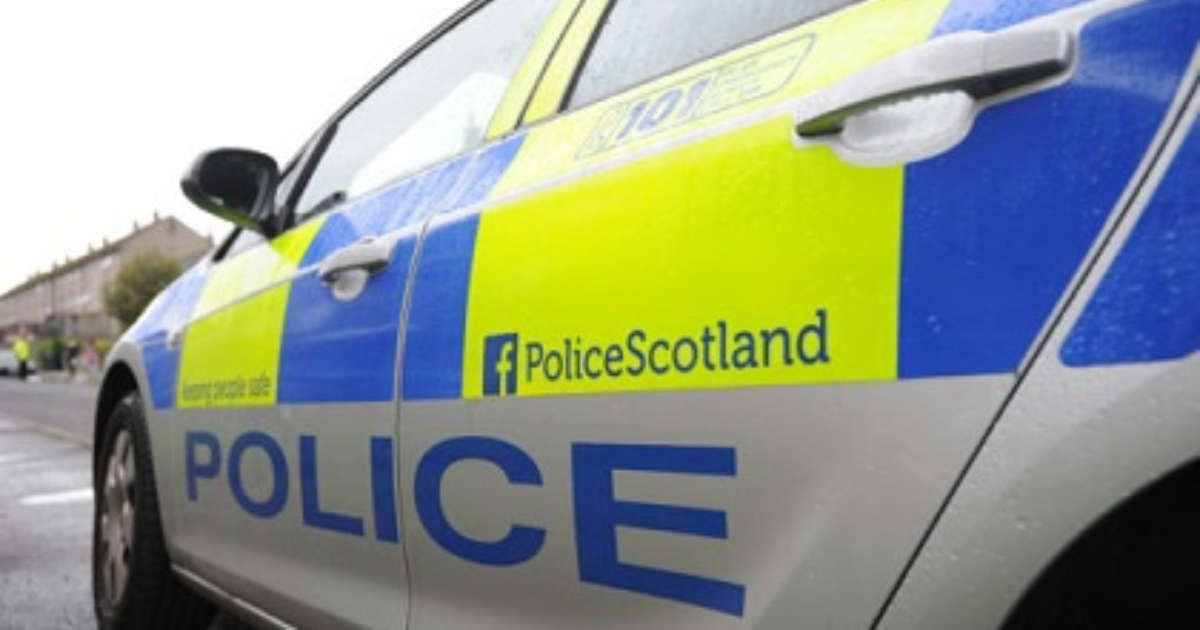
The joint-acting chief exec of Scarf has warned that the increase in Ofgem's price cap will hit households in the North East particularly hard.
The regulator announced today (Thursday February 3) that it was increasing its price cap by 54 per cent from April. It will add almost £700 to the average annual bill.
Lawrence Johnston from Scarf says: "It really is a case of people completely at their wits end of what's going to be coming around the corner. Many of these people are already struggling. And fuel poverty, and just poverty in general is a challenge for them.
"This announcement today, or this confirmation today, is just like: 'where is the light at the end of the tunnel for these people'?"
The service says they are already fielding 200 to 250 calls per day from people in the North East who need advice on paying their energy bills.
"In the best local authority areas fuel poverty runs at about 25 per cent, and it goes right up to about 35 per cent if you go into the more rural areas," Mr. Johnston adds. "And that's against a national average for Scotland of about 24 per cent.
"There's a real issue here. We know the climate here can be a real contributing factor for people being able to keep their homes warm."
In response to Ofgem's announcement, Chancellor Rishi Sunak announced a £200 discount on energy bills, and a reduction on council tax for some households.
Mr. Johnston says it's not the solution: "It's not a long-term, sustainable package. Because this needs to be re-paid by the consumer at some point in the future. It's a short-term injection of support, but not nearly enough to provide a longer term sustainable outcome for these households."
Frazer Scott, the chief executive of Energy Action Scotland, is also warning that 'many, many families and households' will be plunged into fuel poverty.
He told Original 106: "I mean, simply, energy is becoming unaffordable and unaffordable for far too many people. It's definitely the case that in some parts of Scotland, one in two households are in fuel poverty, really, really, really struggling.
"And many of those households are in what's called extreme fuel poverty, spending more than 20 per cent of their income on their energy costs. These prices rises are simply going to deepen that extreme fuel poverty."
Mr. Scott adds: "I think for many, the only options they're going to have available to them are to go without, because their incomes are simply not matching the increases in energy costs. They don't have luxuries to forego."
Scarf are urging anyone who needs advice and help on how to manage their energy costs to contact them. The service offer free and impartial advice on 0808 129 0888 or email Info@scarf.org.uk.


 Laurencekirk station marks 15th year with one million journeys milestone
Laurencekirk station marks 15th year with one million journeys milestone
 Man, 30, jailed for serious sexual assault in Aberdeen
Man, 30, jailed for serious sexual assault in Aberdeen
 Man charged after £300k worth of cannabis found
Man charged after £300k worth of cannabis found
 Woman becomes first from Aberdeen to reach Everest summit
Woman becomes first from Aberdeen to reach Everest summit
 20°C
20°C
 13°C
13°C